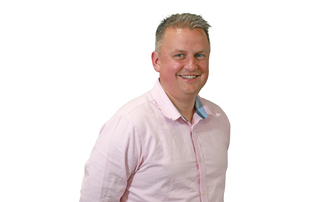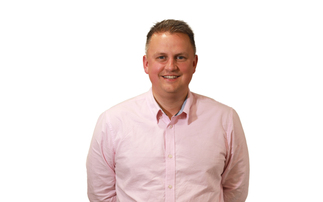In recent years providers have concentrated on the underwriting elements of customer service. Rhys Dudding asks whether the other end, claims, is now ripe for an overhaul
Insurers want to pay valid claims as quickly as possible and with the minimum amount of fuss. This has always been the case although some might disagree given the negative publicity the industry has received in recent years. However, it is hard to believe that any company has ever had the philosophy of finding ways to avoid paying claims and it is unlikely that this will ever change. But, given that, how could the claims process evolve over time? What are the influencing factors affecting the future of claims notification and assessment?
While it is still early days for the new Coalition Government, actions are already being taken to cut the UK's budget deficit. But what does the current economic climate have to do with paying protection claims? In this industry's experience, past history shows that a recession leads to a significant amount of job losses and that in turn, job losses tend to equal increased disability claims. Claims teams need to be aware of the environment in which they find themselves, and as insurers, we should not be complacent about adequately resourcing these with the right levels of expertise and knowledge to make the right decisions for the customer.
Service is King
There has been a positive trend in recent years in the reduction of the number of critical illness claims being declined due to non disclosure. While this has undoubtedly been positive for the consumer and the wider industry, it has left insurers with a dilemma. How do they distinguish themselves from the competition now that every provider's claims figures are broadly the same? Service will surely be a key differentiator and going forwards, it has to be king.
Under the Treating Customers Fairly (TCF) regime Outcome 6, we must ensure "consumers do not face unreasonable post-sale barriers imposed by firms to change product, switch provider, submit a claim or make a complaint". So how can we remove potential barriers to making a successful claim?
Making a claim should not be a process that our customers or advisers dread, not least because the protection industry pays so many more claims than it declines. In 2009, some 98% of all individual death claims were paid, 84% of terminal illness claims were paid, and 92% of critical illness claims were paid. At the time of greatest need, the protection industry consistently delivers on its promise to pay valid claims.
Room for improvement
There is, however, room for improvement. While it is fair to say that there are not currently any major barriers preventing a customer making a claim, there will always be things that could be done better. Currently, the method of choice for most companies when it comes to their customers making a claim is the completion of a traditional claim form. There are a few companies that have already moved away from this method and are now using the telephone to interview their income protection or critical illness customers. Despite the telephone having been around for over 130 years, we still do not fully utilise it - although the small number that do could be on to a real winner. Looking forwards, how far away are we from a future with a health insurance iPhone claim App?
It is always worth keeping an eye on technological advances. Paying a valid claim with the minimum of fuss is what everyone involved in this industry wants to do for our customers, but how do we ensure we are paying only valid claims while detecting and declining the fraudulent ones? Technology again could play a role here. With the increased use of the telephone there is more and more scope for the use of voice stress analysis technology. This technology has been in operation for a number of years now for claims in the general insurance industry. There is now increasing interest being shown by the life insurance industry and its application to health insurance claims.
The use of this type of technology should not alarm genuine claimants; if the claim is valid then these systems can aid the claims assessor in making much speedier decisions. But, if the customer is not being truthful then the technology can trace any subtle changes in the stress levels in the customer's voice and can alert the claims assessor to potential discrepancies that they should investigate further.
Neural Network Technology is also being reviewed by a number of life insurers to see how it could be incorporated into the claims process. This technology utilises information entered onto the system and as claims are processed through the network it is able to help assessors predict more accurately the duration of payment for a particular claim and a particular condition. The downside of all this technology is that it comes at a price that will have to be borne by the insurer.
However, it is fair to say the industry is not looking for a revolution in claims handling.
We know that the current claims process works - with the vast majority of claims being paid. When our customers need us most we are there to help.
24/7 society
However, we can make a case that the claims process needs to evolve and at a more rapid pace than we have seen to date. We live in a 24/7 society that demands immediacy. We get frustrated when our broadband stalls, or if a call centre keeps us on hold for mere minutes; so it is unreasonable to expect people to be happy to settle for an insurance claim that takes up to eight weeks until it is confirmed as valid.
The technology is out there and our customers are utilising it every day. Now, is the time for the industry to embrace it in its entirety, or we could forever struggle to close the protection gap. We have made strides in the right direction with innovations such as expert underwriting systems and tele-interviewing but there is more to be done. As far as the customer is concerned claims are the moment of truth and we have to make this process as efficient and as hassle free as possible so that we deliver on that moment every single time.
Rhys Dudding is underwriting and claims development manager at Zurich UK Life











